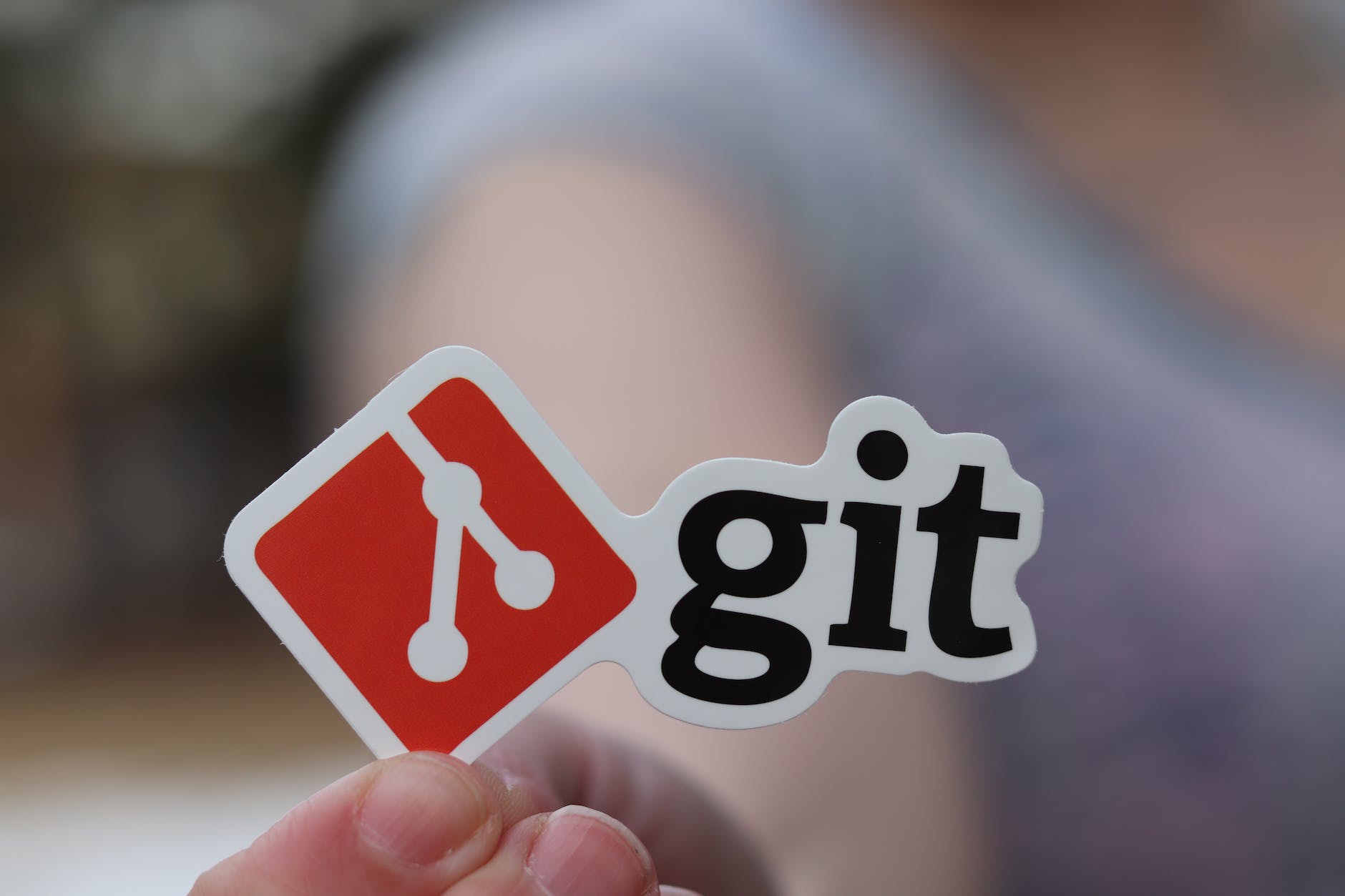Just when I thought I couldn’t be any worse with updating the blog… Here I am again, three months after my last post I shared here.
Catching Up
My goal was to finish the rest of my classes this term, but since I was working, I didn’t go as fast as I wanted to, and sometimes, I felt stuck on the tasks. After D336, which was the final objective assessment-based class in my degree plan, I thought I would’ve gone through the rest of the material quicker since they were projects.
However, since they are projects, they feel a little too open-ended. They were fun projects to do, but I would get caught up in the details and slow myself down.
I’ve managed to do all but one class that I was aiming to do this term, and I don’t think I will be able to accelerate the last one into this term. I was able to move D480 (Software Design and QA) into this term, but the final class, the Capstone (C964), will have to wait until the next term.
In terms of if I can move this class into this term, I technically could if I ask my mentor, and then ask for a month-long extension to finish it up. However, I decided that I shouldn’t do that. I’m not saving money since I will need to pay the prorated tuition (that saw an increase back in September 2023), but I want to use this time to “pregame” the Capstone.
I’ve started Codecademy’s “Data Scientist: Machine Learning Specialist” career path, which includes:
- Data Science Foundations 1 (containing basics on data literacy, SQL, and Python; the Python sections seem to cover the same material that you may see in a comprehensive Udemy course),
- Data Science Foundations 2 (with courses on Pandas, exploratory analysis, statistics fundamentals, data visualization, obtaining/cleaning data, and communicating your findings),
- Machine Learning Foundations (which includes the usage of Python classes/modules, linear algebra, differential calculus, more statistics, and an introduction to machine learning),
- Machine Learning 1 (includes supervised learning, feature engineering, and unsupervised learning algos),
- Machine Learning 2 (includes ensemble methods, and more supervised learning algos/uses),
- Machine Learning 3 (includes deep learning and neural networks, and then the final portfolio project).
I’m giving myself the remainder of this term as well as a two-month-long term break to get through and learn a lot of the information in that career path on Codecademy. Right now, it seems very easy, but as I go on, I think it will be a good challenge and a way to keep my brain engaged. I think it will also augment what WGU did not cover as much in their courses, especially for the Intro to AI course. C951 (Intro to AI) did have a textbook, but I did not read that much of it; I just glanced at the Machine Learning chapter, but without much context, I didn’t understand most of it.
Sometime in January, however, I think I’ll pick up more hours temporarily to fill in for someone going away for a couple of weeks. It might slow my progress, but I’m going to do my best to follow my plan.
As I was looking at the syllabus for the Codecademy track, I realized how much of the material it covers matches what I wrote for my Task 3 for C951 (and eventual capstone). It motivated me more to really pick up on it, regardless if it says “Time to Complete: 35 weeks”. I might not finish it all during the term break, but I really do want to finish it. Seems interesting.
That aside, I’m here to share my experiences with the following classes:
- C191 – Operating Systems for Programmers
- D281 – Linux Foundations
- D336 – Business of IT (Applications)
- D284 – Software Engineering
- D326 – Advanced Data Management
- C951 – Intro to AI
- D480 – Software Design and QA
C191- OS for Programmers
Time Taken: 2 weeks (August 9 to August 23)
If you are able to, take this class with the knowledge from Computer Architecture still fresh in your mind. There is some overlap with that course, and they work together, in some way.
Try to do the study guide that’s within the course search as well. It’s a bit long, but I think printing it out and physically writing everything down helped solidify things into memory.
I took the preassessment twice; the first time I took it was the day after I started the course. The second time was after I went through all of the material (about two weeks). I didn’t look at the answers to the questions after my first attempt. On my second one, however, I took the time to look at each one and then analyze not just the correct answer, but each of the incorrect ones. It helps to know the different concepts that the test may mention, because you’ll never know where it may pop up again.
That’s all that I had to say for this course. I read the Zybook cover to cover and tried to complete all of the activities in the book that weren’t dealing with any math. I really would’ve loved to study this and computer architecture more in-depth, but finishing up classes was my priority.
- if I decide to get a master’s degree in computer science, I will most likely revisit the books that were used for Computer Architecture and OS for Programmers so I can take the time to read them.
D281 – Linux Foundations
Time Taken: 3 weeks, 2 days (August 23 to September 15)
While the course material was probably good, I think the best way to approach it is to use LPI’s official guide for this exam. If you can, use a Linux VM so you can practice and explore the OS while you read through the book. Take some notes in the PDF or on paper/your preferred notetaking method, and try to answer at least the “Guided Exercises” that are at the end of every section.
Another thing I liked using was Over the Wire’s wargame called “Bandit“, which introduces you to bash commands as you try to find the file containing the password to the next level. You can simply use your terminal or command line on your computer to work through the levels. I got around level 20 before I stopped.
Try your hand at the various practice tests that the course includes, too. There are even more online that you can practice with, and they have a wide variety of questions you can study.
I got a 710 out of 800 on this exam. I got a 100% in the “Finding Your Way on a Linux System” and “The Power of the Command Line” sections since those were the two domains I had the most hands-on practice with.
I doubted myself while prepping for the exam in this class, so I took about three weeks to finish. But if you feel confident, you should take the exam.
Sometime in the future, I’ll buy an external SSD to use with my laptop and computer so I can boot them with a Linux distro.
D336 – Business of IT (Applications)
Time Taken: 2 weeks, 3 days (September 19 to October 6)
If you can, try to download the PDF of the ITILv4 textbook. It’s much more nicely formatted than the e-book that’s provided. In the course search, they have a study guide you can fill out as you read the textbook. There’s also an exam information file that explains each objective, and whether or not you have to simply remember the term or concept, or if you need to be able to explain it too.
The material was dry at points but I enjoyed reading it since it felt more applicable to my immediate life. It felt somewhat similar to what I learned in my communication theory and intercultural communications classes in community college.
This course also has some practice exams floating around online. Try doing those as well as they can give you a feel for the phrasing on the exam.
I also doubted myself while prepping for the exam in this course too… and I took almost three weeks to finish. I ended up getting 39/40, though, and I didn’t take long to do the test.
D284 – Software Engineering
Time Taken: 2 weeks, 2 days(October 10 to October 26)
For this one, I only really read part two of the book that they provided in the course materials (Beginning Software Engineering, by Rod Stephens) since those went over the methodologies.
It took a while for me to start writing the paper for this course. I didn’t exactly know how to write a proposal, but then I remembered, “Hey, Leanna, you wanted to send a proposal to that game studio for a feature in ArcheAge a while back, right?”, so I rushed to Google Drive to find that document. I figured out what I had to do.
Now, those two documents concern different things. D284’s was much broader but more complete, in the way you had to describe the scope, methodology, goals, etc., whereas the game proposal went into the specifics (down to the actual mechanics of the feature; for clarification, I wanted the game to implement user-owned aircraft, so I began detailing how they would work).
The paper for this course wasn’t difficult, in retrospect. Following the template that they provide will take you a long way.
D326 – Advanced Data Management
Time Taken: 3 weeks (October 25 to November 15)
For this one, it was more about manipulating data around to gain insights into the data. so that you can answer a business question. Try taking this after the Data Management: Applications class, so your SQL knowledge is still fresh.
I didn’t think much of this class until I started my Intro to AI paper and the path on Codecademy. The dataset provided in this class was relatively “clean”, but I knew that in a real-world environment, that wouldn’t be the case.
It took a while to get through since I picked up a lot of hours at work.
C951 – Intro to AI
Time Taken: 4 weeks, 5 days (November 10 to December 13)
This one had three tasks: developing a chatbot, creating a robot simulation, and another proposal.
For the chatbot: it can be as complex or simple as you’d like. Programming the chatbot took longer than writing the paper for me.
For the robot simulation: I had technical issues with running the simulator on my desktop computer, so I installed it on my old Macbook, which ran very slow. I did get a new laptop a few days later, so I finished and revised the project there instead.
The proposal took about two weeks to write, on and off. I worked the Black Friday weekend, all day, so that ate up some of the time I had.
However, a good portion of the time spent on this was determining what to write about, and I ended up writing about a demand forecasting tool to use at work. I’m going to attempt to make the tool a reality, but for the sake of the capstone, I’m going to give a very rudimentary version of it that includes the machine learning feature. Fine-tuning the tool and adding in the other features will be something for me to do down the line, and I’m very excited.
D480 – Software Design and QA
Time Taken: 1 week, 1 day (December 13 to December 21)
This is another one of those courses you should take after you’ve taken the course that it builds upon; the first task for this course and the one for D284 have shared elements. If you can, do D284 first so you’ll have an easier time with getting through D480.
The QA portion is the second task for this course. The textbook provided in the course materials seemed to be much more helpful for that task.
Ending Note
Those were the last courses I took for this term. I feel like it’s taken a long time to get through all of them.
I hope for the capstone, I can share my learning/developing process on it here more regularly. For C482, C195, and C950 (Software I, Software II, and DSA 2, respectively), I would keep daily notes in Obsidian about my progress in the course, as a way for me to “think out loud”. It also served as a place for me to jot down notes from resources I looked at, and a place for me to track what I did throughout the project.
What I think would be cool is to keep the daily notes on Obsidian, and then post a weekly update of the things I learned and did. I’ll keep it under a “capstone” category once I get to it. Things that I’d include would be:
- notes on Python data science libraries
- notes on machine learning topics
- journaling my development of it
- not sure if I will get into the specifics of it though, since it may reveal too much (in terms of the actual schoolwork and workplace information)
and so forth.
2024 is lurking around the corner, but I haven’t done much to prepare for it. The only thing I’ve done was buy a new 2024 planner (a Hobonichi Jibun Techo).
The thing that has lingered in my mind for this entire year was “systems”; build them, follow them, and achieve your goals with them. Make them into your habits. Make it a part of your routine. They began to decay in the latter half of the year, but they’re still there.
routines for 2024
Konvert was not finished, so that’s going to be one of my main goals next year. I’ll have to restart a 500-word-a-day snippet on Obsidian that helps flesh out random world-building tidbits and characters since I tended to work on the book a lot more consistently if I wrote notes on any aspect of the series. I won’t define the due date to finish it, though, since I’m faithful that with this habit, I’ll finish it sometime during 2024. I just need the momentum.
Earlier this year, I sounded very optimistic about finding an internship, but I ended up not finding any for this year. For a little bit, I sulked, but I had to tell myself that there were plenty of other opportunities out there. I just had to look.
My other main goal is to land an internship for 2024. I’ve got a list of them saved up and now, I’ll need to organize it by the “Apply By” date so I can apply to a couple every day. Going to make doing one Leetcode problem a day a habit, as a little brain teaser. In addition, I’ll try to maintain my streak on Codecademy so I can make progress on the courses there. Those sorts of things that help me continually get better.
I think I will make 2024 the year I start learning more about personal finance. I did take a federal loan out to pay for this semester, but it’s nearly paid off since I’ve been putting a good amount of each paycheck towards it, and it should be paid off by this coming one! And for the new term starting in March, I should have enough saved up by mid-February. But I’m going to finally open a savings account, open an IRA account (I need to research what kind I should open), and more during 2024. I believe I lean on the more frugal side (I try to save my money for quality food, since what you put in your body matters), so I think saving and contributing money to those accounts will not be a big trouble.
Since I’ll be less busy with school in 2024, I will try to post more often here. Writing in any form helps me write more often. That will help me with my first goal above.
I think it will be a good year. It might be tough, but I’m always willing to face a new challenge. All of these classes have been useful to some extent for me.















